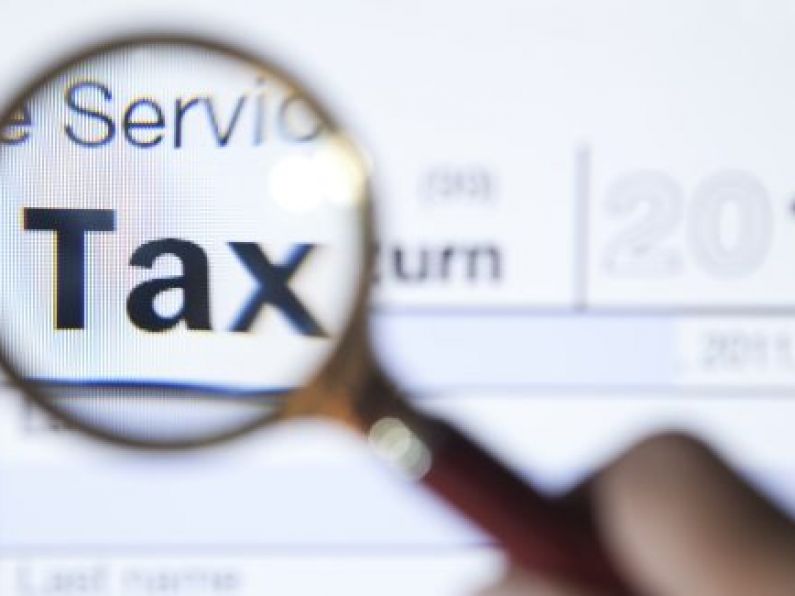By Pádraig Hoare
Shareholders and owners of giant global firms who “get away” with paying no tax should be targeted by countries like Ireland to make up for corporation taxes on the wane globally, according to one of the world’s leading economists.
Simeon Djankov, a Bulgarian former finance minister and chief economist at the World Bank, told the Oireachtas finance committee that shareholders of global giants such as Amazon and Google were “essentially escaping taxation”.
High corporation tax yields would soon be a thing of the past, he said, as the likes of the US and France lower rates to be more competitive, but Fortune 500 company shareholders could make up the losses by paying dividend taxes.
It could yield €2.3 trillion in extra European revenues, said Mr Djankov.
A former director of the Financial Markets Group at the London School of Economics and visiting lecturer at Harvard University’s Kennedy School of Government, Mr Djankov was in Dublin to brief TDs and senators before the publication of the World Development Report 2019, which has analysed future work trends throughout the world.
“It is not that I am recommending (corporation tax as a revenue of the past) but this is the trend of what is happening, and the reason countries are relying more and more on consumption-based taxes and excise taxes [is] because they are not able fully to capture the corporation tax income,” he told TDs and senators.
“Shareholders manage, by and large, to get away globally without paying much, if any, taxation. Fortune 500 shareholders essentially don’t pay taxes, primarily because they are located in the Bahamas or other tax havens. Globally we need to do something about this.
“There has been this premise in public finance, and indeed in economics, that while the company may be situated and produces in Ireland, the shareholders can receive wherever they are — in other words, there is no link between shareholders and production. But actually, there is a link, especially in this new wave of companies where the main shareholder typically is also the majority owner, if you think of Amazon and Google and so on.”
Mr Djankov continued: “It’s not that there are a million owners with a tiny share, it is two or three owners that have 80% of the corporation. But just as Ireland taxes the corporation, they should be entitled to tax a share of the revenues of shareholders — it’s called tax on location, it doesn’t matter where the shareholder is based; what matters is where the money is made.
“If dividend taxes proportionately are shared for the 500 largest corporations where the money is made, the EU as a whole will see about €2.2 trillion in additional revenue.
“That money is significant enough to then ease the burden on consumption taxes. But currently we don’t have it, it is just parked somewhere.”
Ireland could take a lead role in taxing shareholder dividends, said Mr Djankov.
“Ireland has such companies so you have knowledge of these companies and shareholders. You can be, in my view, one of the countries to create this innovative taxation model.
“Brazil and South Korea, for example, do manage to collect much more taxation from these types of companies than do European countries.”






